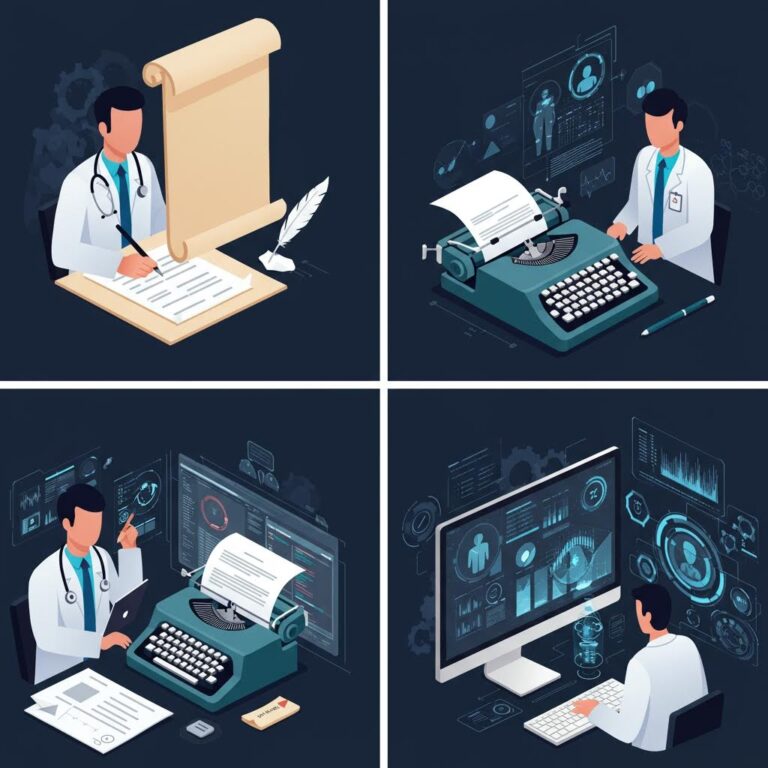Getting to Know How Addiction Works: More Than Just Will
The Brain Science of Addiction
Addiction is more than a lack of will or a bad choice – it is a deep brain issue shaped by one’s genes and where they come from. New brain studies have changed how we see this big problem, showing the complex ways in the brain that push addictive acts. 토토솔루션
Genes and Where You Come From Matter
Studies show that 40-60% of the risk for addiction is due to genes. If addiction is in the family, you’re twice as likely to face these problems. Also, bad events early in life make you more open to addiction later on.
The Brain and Changes Over Time
Brain scans have shown how drugs change brain ways and dopamine systems. These changes make lasting marks on how the brain works, changing how we decide, control urges, and feel rewards.
New Ways to Treat Addiction
Today, treating addiction uses proven methods and drug-help. This mixed way looks at both mind and body issues in addiction, helping recovery last longer than before. Better science in addiction keeps giving us better ways to help those who need it.
The Brain Science Deep Dive
What’s Going On in the Brain With Addiction?
From Just Trying to Full-Blown Addiction
Going from just trying drugs to full addiction follows a tricky brain path.
When someone uses an addictive drug, they get a big rush of dopamine – the brain’s joy juice.
The brain’s joy center, the nucleus accumbens, feels this joy and strongly remembers the drug.
The Brain Changes and Needs More
Using a lot starts big changes in the brain.
The brain tones down, making less dopamine naturally and becomes less sharp to dopamine.
This makes you need more drugs to feel good. Meanwhile, the brain paths that make you seek drugs get stronger, and those that help with control and choice get weaker.
The Brain on Addiction and Cravings
The amygdala gets too active about stress and drug things around you, making big cravings.
The front brain, key for making choices, doesn’t work well.
This brain mess means less joy from normal life, strong cravings, less control, and poor choices. It shows why addiction needs medical help, not just strong will.
Big Myths
Big Myths About Addiction: Real Facts
The Brain Truth About Addiction
Addiction is a deep brain problem, not just being weak-willed.
Brain studies show how drugs mess with brain ways that help us make choices, feel rewards, and control actions.
Misunderstandings in Treating Addiction
Doctors and Withdrawal
Stopping drugs needs a doctor, as just stopping can be very risky.
Each drug has its own kind of withdrawal, some can be deadly. Medical detox helps keep an eye on you and supports you in this hard time.
Proven Ways to Treat
Drug-help therapy (MAT) is a proven way that brings the brain back to normal.
This plan uses approved drugs with talking help and behavior change paths that really work. Research shows that MAT really helps people recover and not fall back.
Who It Hits
It Can Touch Anyone
Drug problems can hit anyone, no matter their money, school, or family. This big health worry sees no age, race, or money level, so we need big answers for everyone.
Getting Better
Starting soon often ends better than waiting for the worst to happen. The old thought of hitting the “lowest point” can make waiting too long dangerous.
Staying on track means we know it’s not a straight road and could have some steps back that need different help, not blame.
Genes or Where You Come From?
Genes or Upbringing in Addiction: Looking at Both Sides
How Genes and Life Mix
Getting addicted comes from genes and life around you.
Studies say genes make up 40-60% of the risk, while what happens to you makes up the rest. These two mix in many ways, setting up how likely you are to face addiction.
Genes at Work
Gene changes matter by affecting:
- How your body handles drugs
- How you manage feelings
- How you react to stress
- How your brain paths are set up
If addiction is in your family, your risk is double. Yet, genes don’t mean you’ll surely face addiction.
What Life Adds or Protects From
Life around you can make your genes matter more or less, such as:
Risk Points
- Bad events when young
- Trying drugs as a teen
- Family troubles
- Constant stress
- Friends pushing
- Not much help around
What Helps
- Good support
- Stable home
- Getting to doctors
- Community help
- School
- Nice friends
What This Means for Treatment
Knowing how genes and life work together helps us set up:
- Personal care plans
- Right times to step in
- Ways to figure risk
- Plans to stop problems before they start
- Full recovery steps
This deep look at genes and life helps us better fight addiction.
